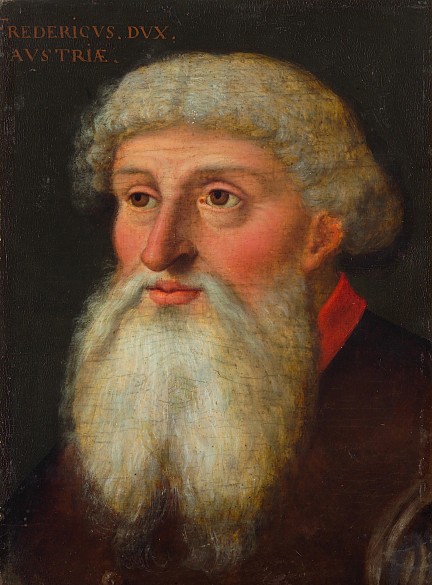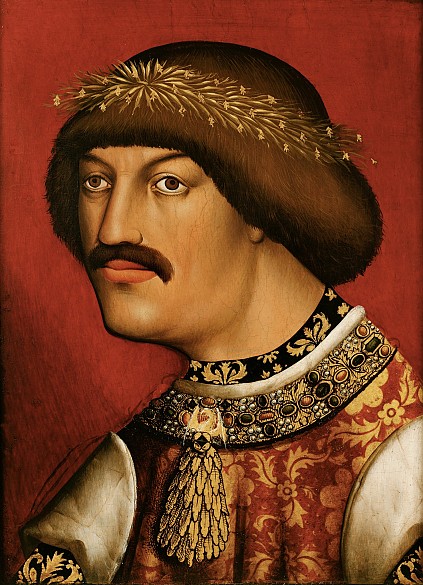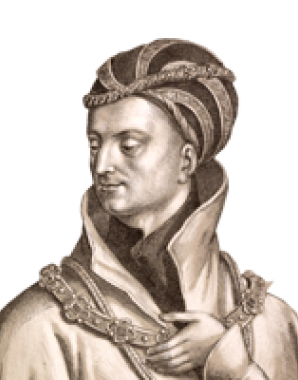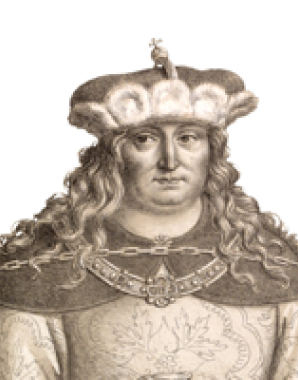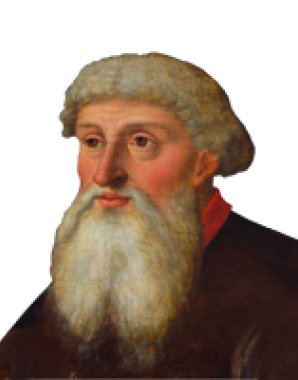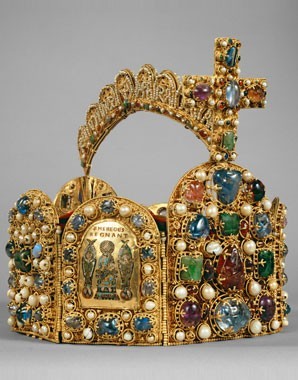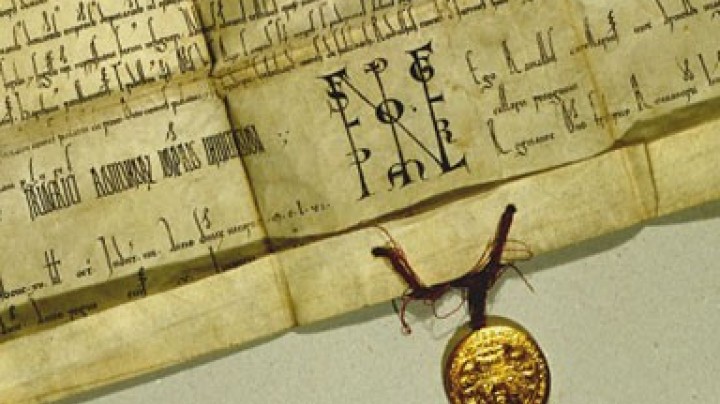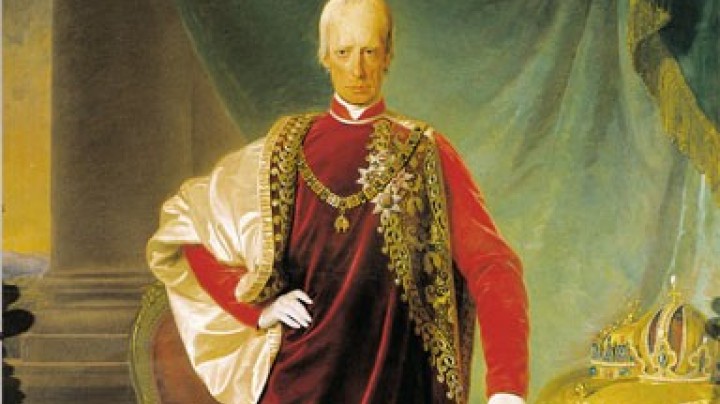Habsburg occupation of the royal throne
Despite the disunity within the family, the Habsburgs succeeded in securing their dominion over the patrimonial lands during the fifteenth century. In addition, they assumed the title of Roman-German king.
At the beginning of the fifteenth century the Habsburg family was dominated by quarrels and disputes about the division of power. Duke Frederick IV, who ruled over Tyrol and the ancestral territories on the upper Rhine, increasingly found himself facing difficulties. Having come into conflict with the emperor, he was put under imperial ban: he was deprived of his territorial rights and imprisoned. The duke managed to escape in 1416 and seize power again in Tyrol, but the ancestral lands of the family in the Aargau were lost for good to the Swiss Confederation from this time onwards.
In Austria, Duke Albrecht V became regent in 1411, after the quarrel between his uncles, Ernest ‘the Iron’ and Leopold IV, about his wardship had been resolved by the sudden death of Leopold. Albrecht distinguished himself as a persecutor of religious dissenters: the situation in Bohemia at the time was explosive – the execution of the reformer Jan Hus as a heretic in 1415 led to massive religious and social unrest. Albrecht supported his father-in-law, the Bohemian king and German emperor Sigismund, in his militant suppression of heretics.
Albrecht’s violent persecution of dissenters was also directed against Jews: in 1420 the Vienna ‘Gesera’, the systematic annihilation of Jewish communities in the Duchy of Austria, began on Albrecht’s orders. The name ‘Gesera’ comes from a document recording these violent events. Rich Jews were imprisoned and tortured, while poorer members of the community were expelled. Many of the prisoners committed suicide. More than 200 of the remaining men and women were burned at the stake outside the city walls of Vienna.
In 1437 Emperor Sigismund died. His son-in-law Albrecht inherited the crowns of Bohemia and Hungary, and in 1438 was elected Roman-German king as Albrecht II. He set about exploiting the combined power of these three crowns to enhance the standing of the dynasty. However, difficulties beset his attempts to consolidate his power: within the Holy Roman Empire Albrecht had few opportunities, while in Bohemia the opposition remained strong. In Hungary the Turks were advancing ever deeper into the country. Albrecht organized a campaign against these ‘enemies of Christendom’, during which he fell sick with dysentery. He died only eighteen months after his election as Roman-German King.
